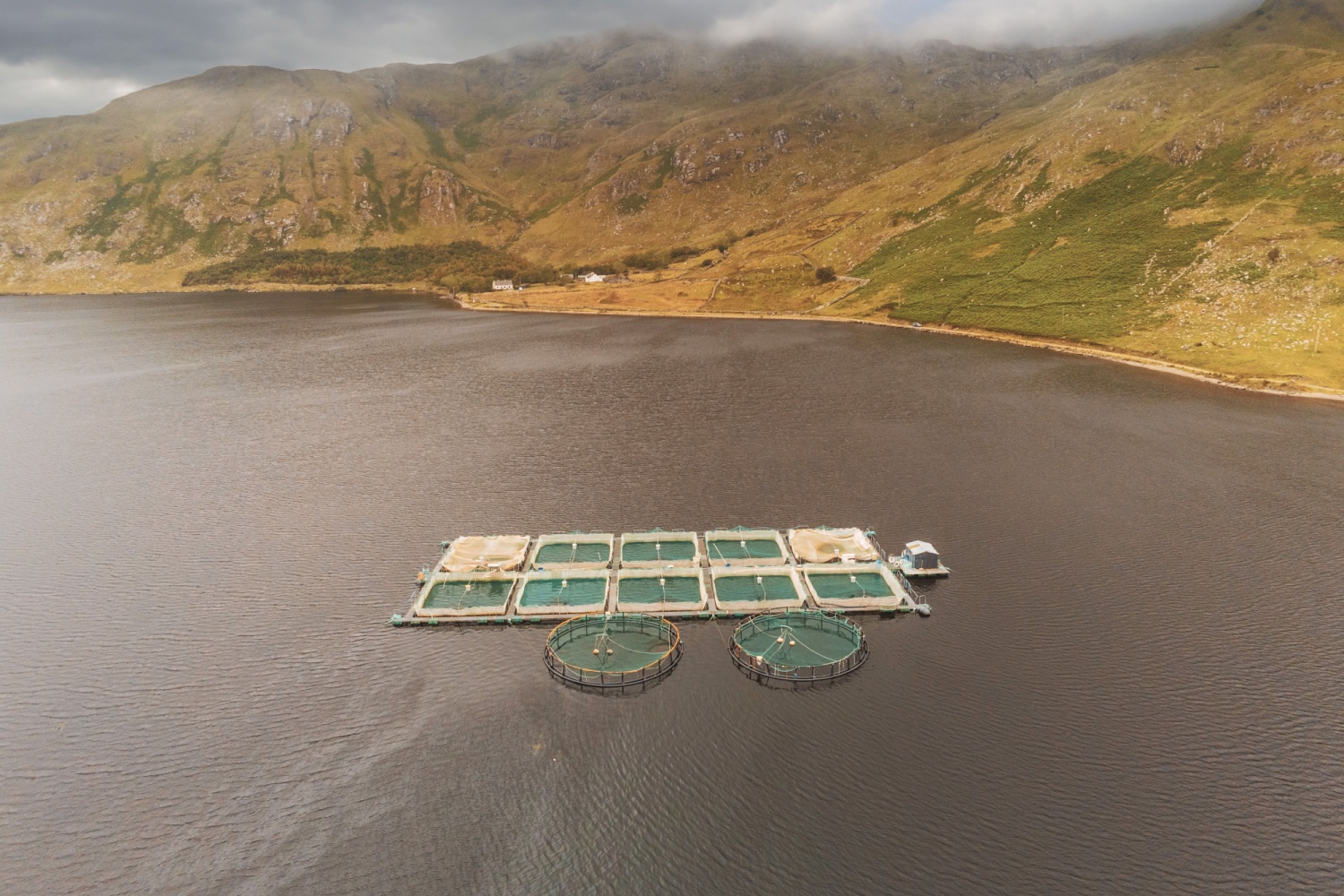Agriculture leaders from across the country recently traveled to Ireland and the United Kingdom as part of a trade mission. We caught up with one member of that delegation — South Carolina Agriculture Commissioner Hugh Weathers — who explained that the trip helped build networks that could lead to future commerce.
When asked about the overall goals of the trade mission, Weathers said the focus was on relationship-building more than transactions.
“It is to build relationships, so that when you get toward a free trade agreement negotiation, it’s not all transactional. People on their side know a little more about production agriculture in the United States — the people behind it. In other words, on this trip, we had South Carolina, Maine, [and] Washington state represented. We try to get a geographical spread, so they don’t think of the U.S. as just one big agricultural production area.”
We noted that U.S. agriculture is far from a one-size-fits-all industry, something Weathers wholeheartedly agreed with.
“That’s absolutely correct. We let them know — I mean, they obviously know we’re important to them as a marketplace — but we want two-way discussion. That’s the only way it’s going to be successful. We try to establish that we respect their game plan as much as we ask them to understand ours. Post-Brexit, I think they’re still trying to find their way out of the EU. Trips like this help build that path forward. It’s important for the future.”
Reflecting on specific opportunities coming out of the trip, Weathers pointed to several potential export areas for South Carolina.
“Yeah, a couple of things. Number one, wood chips — because, like others in Europe, they’re trying to build a portfolio of energy sources based on biomass and things like that. A little bit of beef, maybe by way of genetics. In the free trade agreement, there is talk of beef two-way trade — giving them access to X amount of beef, and us access to more. We also met with the U.S. embassy, and there’s talk of getting more states approved for oyster imports from the U.S. We’ve got a nice, growing aquaculture segment with some promising oyster farms. Another thing — one potential fallout from the trade agreement is that their distillers grain production might be impacted, because they’ll import more ethanol from the U.S. If their ethanol plant capacity decreases, that also decreases their distillers grain, which is used as cattle feed. So, it might be distillers grain coming through South Carolina’s port to replace some of that. Of course, New York is closer port-wise for shipping to Europe, but we do have the advantage over West Coast ports, which are better positioned for the Far East. For Europe, we have the edge.”
With complex issues like tariffs and international trade agreements, Weathers explained how states like South Carolina stay involved despite having limited influence on federal decisions.
“Well, we have to stay in our lane and not pretend we’re making decisions from Pennsylvania Avenue. We make that clear. Once all the dust settles on tariffs and trade deals, we want to have proven that we’re a reliable and dependable source — whether it’s animal feed or wood pellets — that they can count on. We have to compete now with Brazil, Argentina and others for beef exports and feed grains. It’s a competitive environment, and these trips help us stay in the game.”
We also asked whether anything stood out as a key takeaway from the experience. For Weathers, Ireland’s approach to agriculture provided food for thought.
“Here’s one thing: What can we learn from Ireland? Their agriculture — beef, dairy, alcohol — has to export 90% of its production. So, they are very trade-oriented. And interestingly, Ireland is about the same size as South Carolina, both land-wise and population-wise. I’m always asking, ‘Why can’t we do that?’ But we’re not a country. We’re one of 50. They’re one of one. Still, they’ve set a good example of being focused on exports and working together. That’s a lesson I took away from the trip.”
Finally, Weathers shared a few more highlights from the mission that left an impression.
“We had a meeting with the president of the National Farmers Union — which is kind of like our American Farm Bureau. It was amazing to hear him describe the exact same challenges our farmers face: costs, profits, transitioning to the next generation. I just sat and listened. I said, ‘This conversation could happen in every state in the U.S.’ One thing they’re dealing with — which the ‘one big beautiful bill’ here helped with — is inheritance limits. They rolled theirs back to around 1 million pounds, which will really impact large farmers trying to pass on their farms. So again, it just pointed out that the same challenges we see in the U.S. are just as prevalent in other countries. My message was that farmers need to speak with the same voice so people understand the challenges of producing food for the folks who enjoy it. We also visited a well-managed dairy farm. Interestingly, they only got into dairy eight or nine years ago — which shows there’s still opportunity in their ag sector. Some fascinating operations, some shared challenges, and definitely some lessons learned. Hopefully, trips like these build up opportunities for us to put American — and South Carolina — farm products in different parts of the world.”


